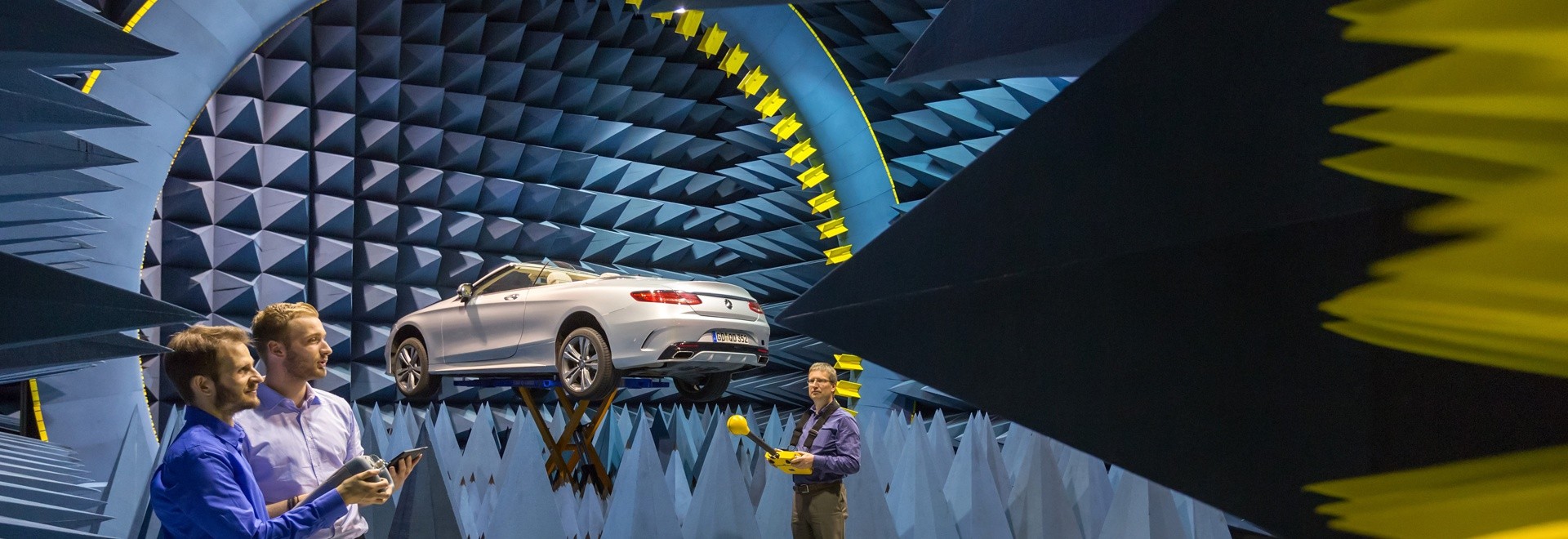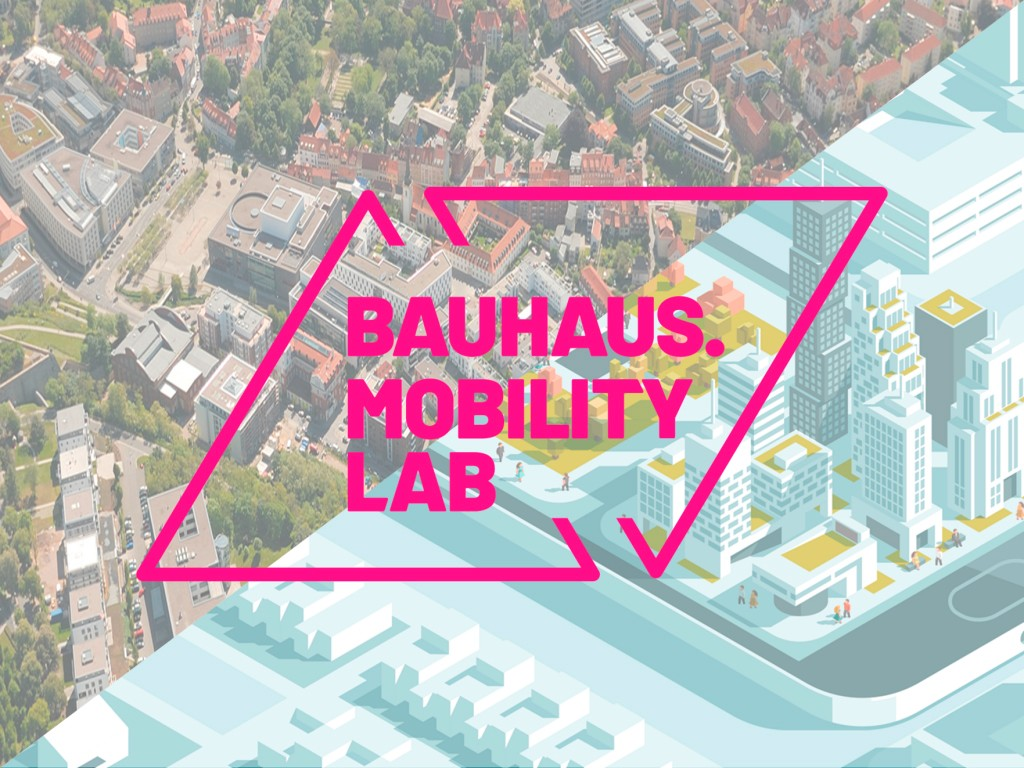The CoCoMobility project has access to two modern research infrastructures that are specifically used to investigate transport-related issues: the VISTA Lab at the Technical University of Ilmenau and the Bauhaus.MobilityLab in Erfurt. Both facilities offer a wide range of opportunities for experimental studies, simulations, and data-based analyses in the field of mobility and transport research.
“Virtual Road – Simulation and Test Facility (VISTA)” - Thüringer Innovationszentrum Mobilität
The CoCoMobility project is embedded in the Digital Mobility research strategy, which focuses on “New Mobility” and “Automated and Connected Driving.” Based on thematically related research work, the project aims to investigate the extent to which operational networking between vehicle-based mobile and infrastructure-based fixed radar systems can enable a safer environment and object detection by evaluating bistatic radar cross sections, particularly with regard to vulnerable road users (VRUs) such as cyclists or pedestrians. The VISTA research facility at ThIMo offers a unique infrastructure that enables a technical approach to the above-mentioned issues through reproducible conditions in a virtual traffic environment.
Bauhaus.MobilityLab -Erfurt
The Bauhaus.MobilityLab (BML) in Erfurt is an innovative real-world laboratory that was implemented between 2020 and 2023 as part of a BMWK research project of the same name (01MK20013B). The BML is characterized by the use of advanced sensor technology that enables various smart city applications, including air pollutant detection, adaptive traffic control, energy management, and intelligent charging infrastructure for electric vehicles. A special feature of the project is the sustainability of the installed measurement technology, which will remain available for further research projects beyond the initial project period.
As part of the project, a comprehensive mobility study was carried out, which was characterized by a mixed-methods approach. This combined classic survey instruments such as questionnaires with innovative digital tools, in particular a mobility diary in the form of the mytraQ app. A significant advantage for future research projects is that the majority of the study participants will be available for follow-up studies even after the initial investigation has been completed, enabling longitudinal analyses and subsequent investigations to be based on existing findings


